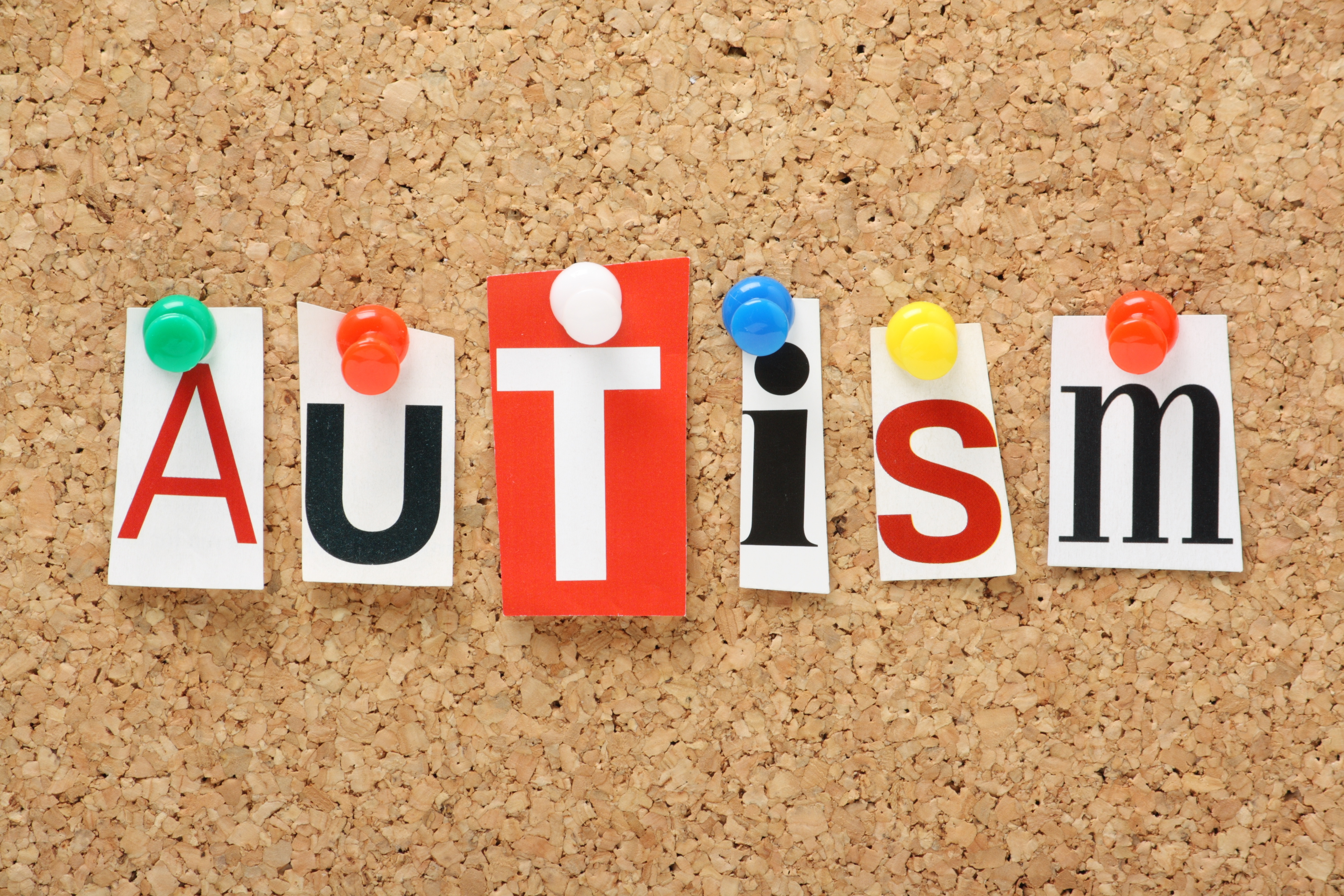
Understanding Autism Spectrum Disorder
Autism, or Autism Spectrum Disorder (ASD), is a developmental disability that typically appears during early childhood and can interfere with a person’s ability to communicate, understand language, and socially interact with others. The effects of ASD and the severity of symptoms are different in each person.
According to the Centers for Disease Control and Prevention, Autism affects an estimated 1 in 54 children in the U.S. today.

Having autism does not mean your child has an illness or disease. It means your child's brain works and acquires information in a different way than others. For example, it might be difficult for your child to understand how other people think or feel, find things like bright light or loud noises overwelming, get anxious or upseet about unfamiliar situations and social events, or take longer to understand information.

What Causes ASD?
Although researchers are working hard to understand the origin of autism, the cause(s) are still unknown.
Higher rates of ASD may be related to environmental contributors such as prenatal infections (cmv, rubella), older maternal/paternal age, shorter birth interval (time between births), maternal diabetes or obesity, and babies that are born premature.
Vaccinations DO NOT Cause Autism
This widespread fear surfaced in 1998 when a British Surgeon named Andrew Wakefield published a study claiming the measles, mumps, rubella (MMR) vaccine lead to increased risk of autism in British children. However, the study has since been discredited and removed from the medical journal due to serious procedural invalidity and ethical violations.
Wakefield lost his medical license and continues to receive criticism as a result of other major studies providing further evidence that there is no link between any vaccine and the likelihood of developing autism.

FREE SCREENING
Pediatricians are recommended to screen for development issues and signs of ASD at 15 to 24 months. However, there may still be a long wait to schedule an assessment and receive an actual diagnosis.
Receiving an early diagnosis of ASD can have an immense impact on your child’s development. It opens many opportunities for support and more importantly, the start of efficacious treatment.
We provide FREE early screenings for children 12 months to 5 years in age.

